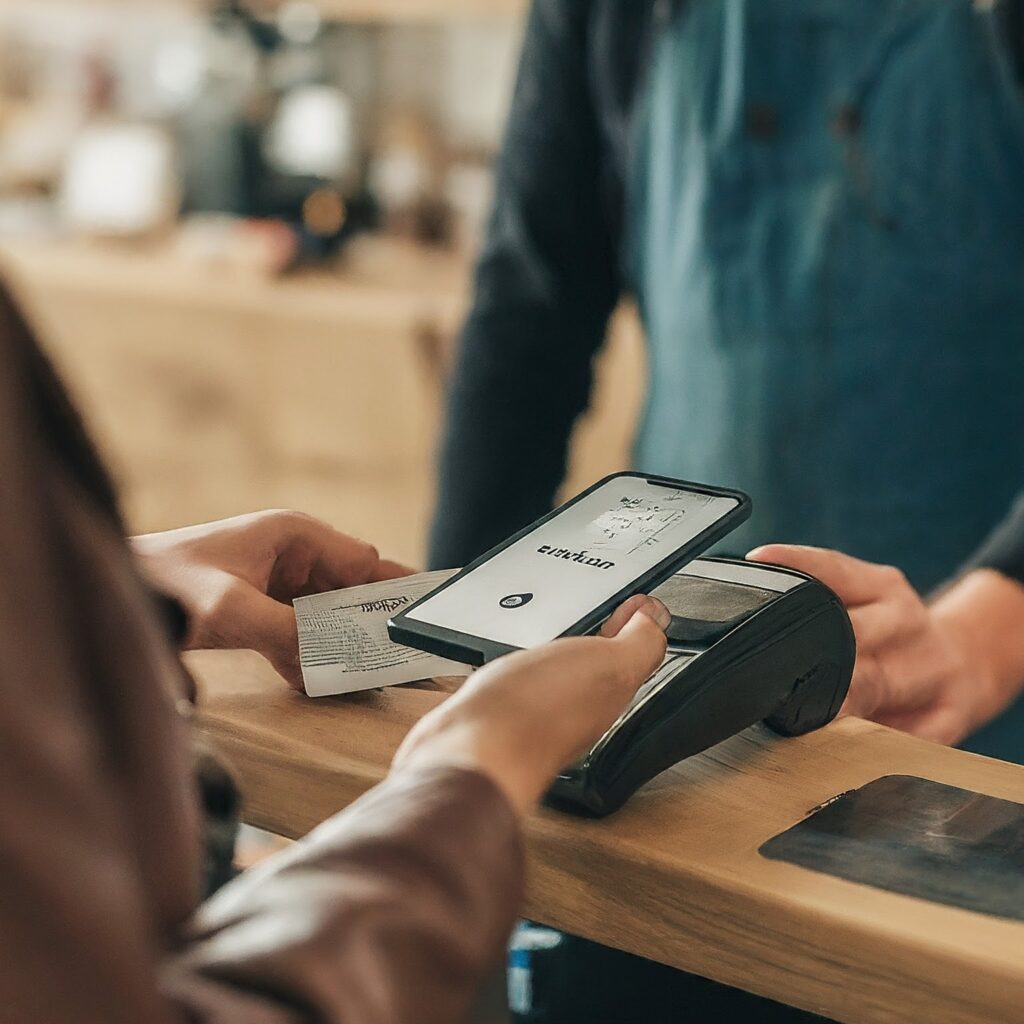
Sacha Poignonnec was 32 years old when he co-founded Jumia in Lagos, Nigeria, with his colleague, Jeremy Hodara. Poignonnec, originally from France, was deeply influenced by his father, a successful entrepreneur.
From a young age, Sacha’s father would regale him with stories of his own business ventures and instill in him the lessons of entrepreneurship. “One day, you will be a man who creates something great,” his father would say, fueling Sacha’s ambition. Before Jumia, Poignonnec had dipped his toes into the world of e-commerce with a previous venture, gaining crucial insights into the industry. This experience was instrumental when he and Jeremy Hodara set out to build Jumia, aiming to address the unique challenges of the African market. They started Jumia in a small office in Lagos, working tirelessly to create a platform that would bring reliable online shopping to Africa.
Alongside Jumia, another major player in the African e-commerce scene is Konga. Founded in 2012 by Sim Shagaya, Konga has been a significant force in Nigeria’s online retail market. Like Jumia, Konga aimed to fill a crucial gap in the market, providing a reliable and accessible online shopping platform for Nigerians. Sim Shagaya, originally from Nigeria, launched Konga with the vision of creating a comprehensive e-commerce platform that would offer everything from electronics to groceries. His entrepreneurial spirit and understanding of the local market helped Konga quickly establish itself as a competitor in the Nigerian e-commerce space.
Speaking to some of the customers who experienced shopping before and after the rise of e-commerce, their testimonials paint a vivid picture of how transformative the shift has been.
Sarah O. from Lagos recalls, “I remember the days when shopping meant braving crowded markets and dealing with unreliable stores. Now, with platforms like Jumia and Konga, I can get everything I need delivered to my door with just a few clicks. The convenience is unmatched!”
Kwame A. from Edo shares, “Before e-commerce, finding quality products was a hit or miss. Now, I can easily compare prices, read reviews, and find exactly what I’m looking for online. It’s transformed the way I shop.”
Chinedu E. from Ebonyi reflects, “Shopping used to be a time-consuming chore. Since discovering e-commerce, I’ve saved so much time and energy. It’s amazing to have so many options available at my fingertips.”
The transformation brought about by e-commerce in Africa is nothing short of revolutionary. Platforms like Jumia and Konga have not only changed how people shop but have also fueled a broader digital economy across the continent.

As of recent estimates, Jumia boasts over 6 million active users across 11 African countries, making it one of the largest e-commerce platforms on the continent.
Meanwhile, Konga serves millions of customers in Nigeria, with a significant portion of its user base engaging regularly with its online marketplace. This surge in e-commerce activity is mirrored by broader statistics. The African e-commerce market is expected to reach $46 billion by 2025, driven by increasing internet penetration and mobile usage. Reports suggest that over 50% of Africa’s internet users now shop online, reflecting a significant shift from traditional retail methods.

The Digital Marketplace Boom
The rise of these platforms has also spurred a surge in digital market growth. Online payment systems like Flutterwave and Paystack have made transactions smoother and more secure, further fueling the expansion of e-commerce. Mobile commerce, or m-commerce, has become particularly prominent, with a large percentage of transactions conducted via smartphones.
Flutterwave boasts over 500,000 businesses using its platform across Africa. The company has facilitated transactions worth over $3 billion since its inception. Paystack, another significant player, serves over 300,000 businesses and has processed transactions exceeding $10 billion. Both Flutterwave and Paystack use advanced payment gateways that facilitate online transactions by connecting e-commerce sites to banks and payment processors.
These gateways handle encryption, fraud detection, and transaction processing. Given the high mobile phone penetration in Africa, these platforms are optimized for mobile use. They leverage mobile APIs and SMS technology to enable transactions and notifications, ensuring that even users with basic phones can participate in e-commerce.

Their robust payment solutions are making online transactions more accessible and secure, which is crucial for fostering trust and increasing adoption among users. By simplifying payments and reducing transaction costs, these platforms are removing significant barriers to online shopping.
When digital payment platforms first emerged, many market women—who had long relied on cash transactions—were skeptical. For instance, Ngozi, a trader in Lagos, expressed her initial apprehension: “I was worried about fraud and whether I could trust these new payment methods. It seemed complicated, and I didn’t understand how it would benefit me.”
Similarly, Fatima, a vendor in Abuja shared, “I was used to handling cash and felt that digital payments might be risky or unreliable. The idea of technology taking over my sales seemed daunting.”
Despite these fears, many market women gradually began to see the benefits of adopting digital payment platforms. The turning point came as they experienced firsthand the convenience and security these solutions offered. Training sessions and demonstrations by companies like Flutterwave and Paystack played a significant role in easing these concerns.
Ngozi recalls, “After attending a workshop where they showed how easy and safe it was to use the platform, I decided to give it a try. It was much simpler than I expected, and I saw how it could help me reach more customers.” Fatima adds, “Once I started using digital payments, I noticed an increase in sales. Customers appreciated the convenience, and it saved me the trouble of handling large amounts of cash.”

As trust in digital payment systems grew, these market vendors began embracing e-commerce more broadly. Many started listing their products on online platforms and saw their businesses expand beyond their local markets. The integration of digital payments allowed them to streamline transactions, reduce theft, and improve financial management.
